38 psychiatrist and psychologist label behavior as disordered when it is
Difference between Psychologist vs Psychiatrist | Psychology.org Psychiatrists often possess a strong background in medicine and human biology and how each contributes to mental illness and abnormal behaviors. Psychologists generally have stronger skills in communication and an understanding how brain processes can affect a person's emotional wellbeing. Mental Health 'Labels' Can Negatively Impact Treatment of Patients August 18, 2015 Mental Health 'Labels' Can Negatively Impact Treatment of Patients the Psychiatry Advisor take: Although being diagnosed with a mental illness can often lead to stigmatization of...
Solved 18. Psychiatrists and psychologists label behavior as | Chegg.com Psychology; Psychology questions and answers; 18. Psychiatrists and psychologists label behavior as disordered when it is A) aggressive, persistent, and intentional. B) selfish, habitual, and avoidable. C) deviant, distressful, and dysfunctional. D) biologically influenced, unconsciously motivated, and difficult to change. 19.
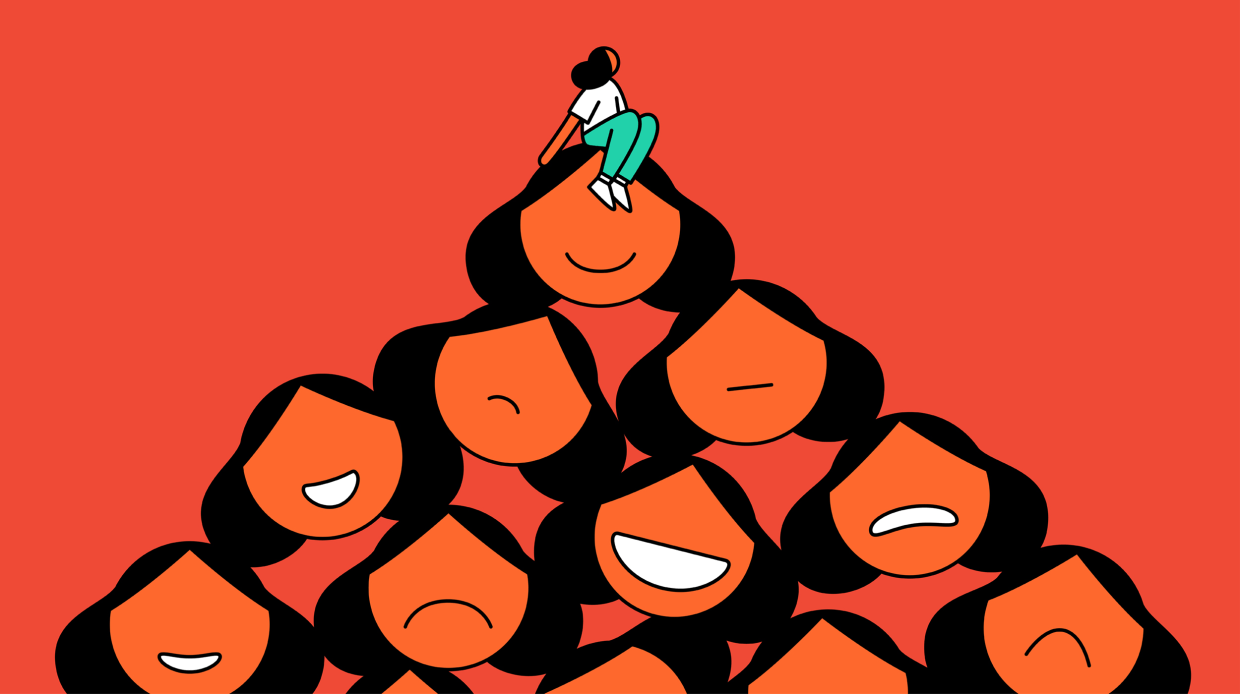
Psychiatrist and psychologist label behavior as disordered when it is
Against Personality and Mental Health Labels | Psychology Today But labeling a person with a mental illness imposes serious disadvantages. Of course, labeling a person with "major depressive disorder, "borderline personality disorder," let alone "schizophrenia"... Mental Disorders: Definition, Symptoms, Types, Treatments Some of the symptoms that a person with a mental disorder might experience include: 2. Anxiety. Changes in appetite. Changes in behavior. Changes in mood. Changes in sex drive. Delusions, hallucinations, or other difficulties perceiving reality. Depression or feelings of sadness. Difficulty sleeping. Psychological Labels: Read Carefully Before Applying When used correctly, labels are a great way to convey a lot of meaning in just a word or two. When misused, they can become weapons for dismissing, denigrating and dominating others. Here are some ways to become more conscious about the labels we use and why we use them.
Psychiatrist and psychologist label behavior as disordered when it is. Mental health 'labels' can do more harm than good, warn researchers August 18, 2015 Mental health 'labels' can do more harm than good, warn researchers by Andy Dunne, University of Bath Labels such as 'borderline personality disorder' or 'schizophrenia' may be... Psychology Vs Psychiatry: How The Difference Affects Diagnosis and ... The American Psychiatric Association defines psychiatry as being "focused on the diagnosis, treatment and prevention of mental, emotional, and behavioral disorders." In other words, psychiatry is a medical science that considers the social and biological context of individuals. The Difference Between Psychology and Psychiatry At a Glance 13.1 Psychological Disorder: What Makes a Behaviour Abnormal? This emphasis on abnormal psychology — the application of psychological science to understanding and treating mental disorders — is appropriate, as more psychologists are involved in the diagnosis and treatment of psychological disorder than in any other endeavour, and these are probably the most important tasks psychologists face. In 2012 ... Psychiatrists and psychologists label behavior as disordered when it is ... Psychiatrists and psychologists label behavior as disordered when it is: a. aggressive, persistent, intentional, and has duration. b. selfish, habitual, harmful, and avoidable. c. deviant, dangerous, distressful, dysfunctional, and has duration. d. biologically influenced, unconsciously motivated, and difficult to change. Answers
AP Psychology Unit ???? - Disorders Flashcards | Quizlet Psychiatrists and psychologists label behavior disordered when it is ______, ________, and _________. deviant, distressful, dysfunctional the definition of disordered emphasizes that the standards of acceptability for behaviors are (constant/variable) variable ADHD is more often diagnosed in (boys/girls) boys The Differences Between Psychology and Psychiatry Psychiatrists and psychologists are both trained to identify mental issues and disorders. Psychiatry is technically a branch of medicine, while psychology is its own separate discipline. Can psychologists diagnose mental illness? Yes, psychologists are trained to diagnose mental illnesses. Can psychologists prescribe medication? Generally, no. A List of Psychological Disorders - Verywell Mind Depersonalization/derealization disorder is characterized by experiencing a sense of being outside of one's own body (depersonalization) and being disconnected from reality (derealization). People who have this disorder often feel a sense of unreality and an involuntary disconnect from their own memories, feelings, and consciousness. 6 Psychiatrists and psychologists label behavior as disordered when it is ... Psychiatrists and psychologists label behavior as disordered when it is When Disordered Behavior is the Diagnosis Behavior can be generally defined as the way we do things. In psychology,...
Overdiagnosis in Mental Health - Exploring your mind The DSM-5 includes some disorders that even mental health professionals themselves seriously question. For example, there's a disorder in the DSM called "psychosis risk syndrome," which consists of having characteristics that indicate a high possibility of developing psychosis in the future. This diagnosis is justification enough for ... Labeling of mental disorders and stigma in young people Label use and stigmatizing beliefs were assessed in response to vignettes of a young person experiencing depression, psychosis or social phobia. Logistic regressions examined the association between a range of labels commonly used, including psychiatric labels, and a range of stigma components. The effects of the psychiatric label 'borderline personality disorder ... Objectives: The aim of the study was to investigate how the psychiatric label 'borderline personality disorder' (BPD) affected staff's perceptions and causal attributions about patients' behaviour. Methods and design: The study utilized a within-participants questionnaire methodology and participants comprised qualified mental health nursing staff. Should My Child See a Therapist, Psychologist, or Psychiatrist? — Child ... Your child might benefit from seeing a psychologist if: You think your child might have a condition that affects his learning or neurology, such as ADHD, a learning disorder, or autism spectrum disorder. Your child needs support to manage emotional or behavior problems. You would like a more detailed diagnosis for your child, and a full picture ...
Chapter 12 part 1 Flashcards | Quizlet Psychiatrists and psychologists label behavior as disordered when it is a. aggressive, persistent, and intentional. b. selfish, habitual, and avoidable. c. maladaptive, distressful, and dysfunctional. d. biologically influenced, unconsciously motivated, and difficult to change. e. instinctual, obsessive, and harmful. Click card to see definition 👆
study guide 6 - Psychology 300 Quiz 6 Study Guide Page 1 1 ... A fundamental problem with the diagnostic labeling of psychologically disordered behaviors is that the labels often: create preconceptions that guide our perceptions and our interpretations. We view that person differently. P50310.
Psychiatric Labels Cause Harm by Stigmatizing People - The Psychology Of Psychiatric labeling is an extremely common practice employed by mental health practitioners, and seems to be growing in popularity (Timimi, 2014). Key Terms associated with Psychiatric Labeling: - Stigma: any attribute, trait or disorder that causes a person to be labeled as unacceptably different from "normal" people (Centre for Addiction ...
Effects of Labelling in Mental Health - UKEssays.com Effects of Labelling in Mental Health. The term 'label' refers to individuals whose actions or behavior deviates from social norms and what is acceptable in society. These individuals are labeled and develop a stigma attached; this can have an overall impact on the individuals' behavior once the label has taken form.
6 Mental health workers label behavior as psychologically disordered ... 6.Mental health workers label behavior as psychologically disordered when they judge it: A) prejudicial, unconsciously motivated, ingenuine, and insane. B) biologically based, unconsciously motivated, aggressive, and difficult to change.C) selfish, habitual, and avoidable.
Medical Model - Treating Mental Disorders | Simply Psychology • There are also ethical issues in labelling someone mentally ill - Szasz says that, apart from identified diseases of the brain, most so-called mental disorders are really problems of living. Labelling can lead to discrimination and loss of rights.
Psychiatry, Psychology, Counseling, and Therapy: What to Expect - WebMD Psychiatrist. A psychiatrist is a medical doctor (M.D. or D.O.) who specializes in preventing, diagnosing, and treating mental illness. A psychiatrist's training starts with four years of medical ...
12.1 Psychological Disorder: What Makes a Behavior "Abnormal"? Whether a given behavior is considered a psychological disorder is determined not only by whether a behavior is unusual (e.g., whether it is "mild" anxiety versus "extreme" anxiety) but also by whether a behavior is maladaptive—that is, the extent to which it causes distress (e.g., pain and suffering) and dysfunction (impairment in one or more important areas of functioning) to the ...
Psychiatric Diagnostic Labels: What Do They Mean? - Psychology Today The DSM is a categorization of diagnostic labels, each defined by a menu of mostly observable behavioral traits, with the diagnosis made by endorsing a certain number of them, e.g. 4 out of 7. The...
Solved 1. Psychiatrists and psychologists label behavior as | Chegg.com 1. Psychiatrists and psychologists label behavior as disordered when it is: aggressive, persistent, and intentional. O selfish, habitual, and avoidable. deviant, distressful, and dysfunctional. biologically influenced, unconsciously motivated, and difficult to change. Listen 2. A fundamental problem with the diagnostic labeling of psychologically
Psychological Labels: Read Carefully Before Applying When used correctly, labels are a great way to convey a lot of meaning in just a word or two. When misused, they can become weapons for dismissing, denigrating and dominating others. Here are some ways to become more conscious about the labels we use and why we use them.
Mental Disorders: Definition, Symptoms, Types, Treatments Some of the symptoms that a person with a mental disorder might experience include: 2. Anxiety. Changes in appetite. Changes in behavior. Changes in mood. Changes in sex drive. Delusions, hallucinations, or other difficulties perceiving reality. Depression or feelings of sadness. Difficulty sleeping.
Against Personality and Mental Health Labels | Psychology Today But labeling a person with a mental illness imposes serious disadvantages. Of course, labeling a person with "major depressive disorder, "borderline personality disorder," let alone "schizophrenia"...




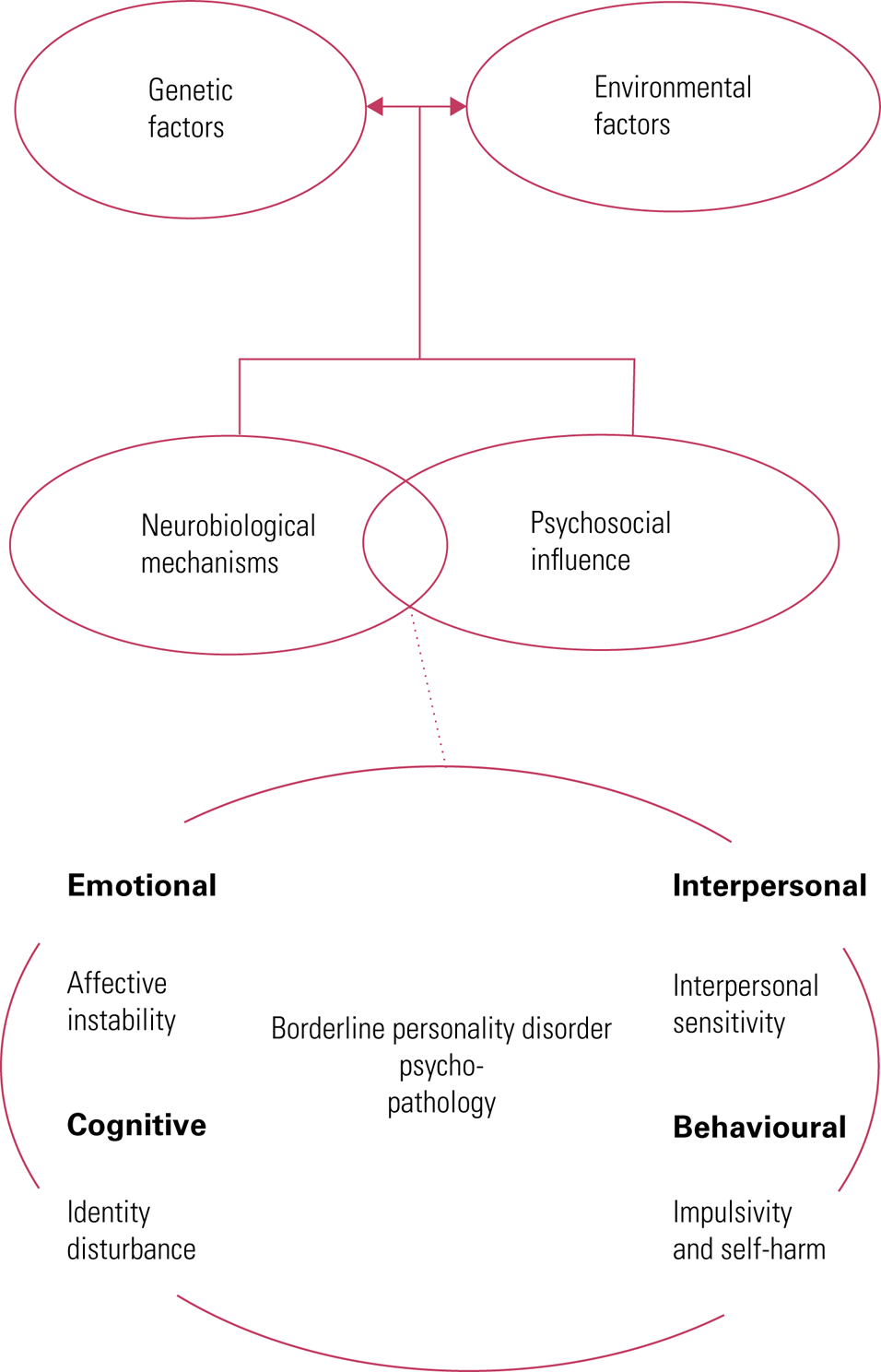
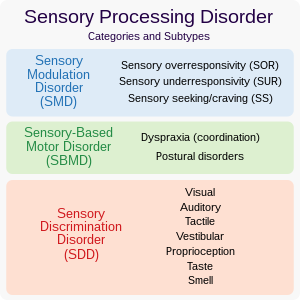
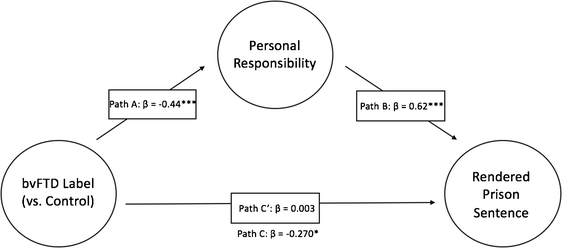


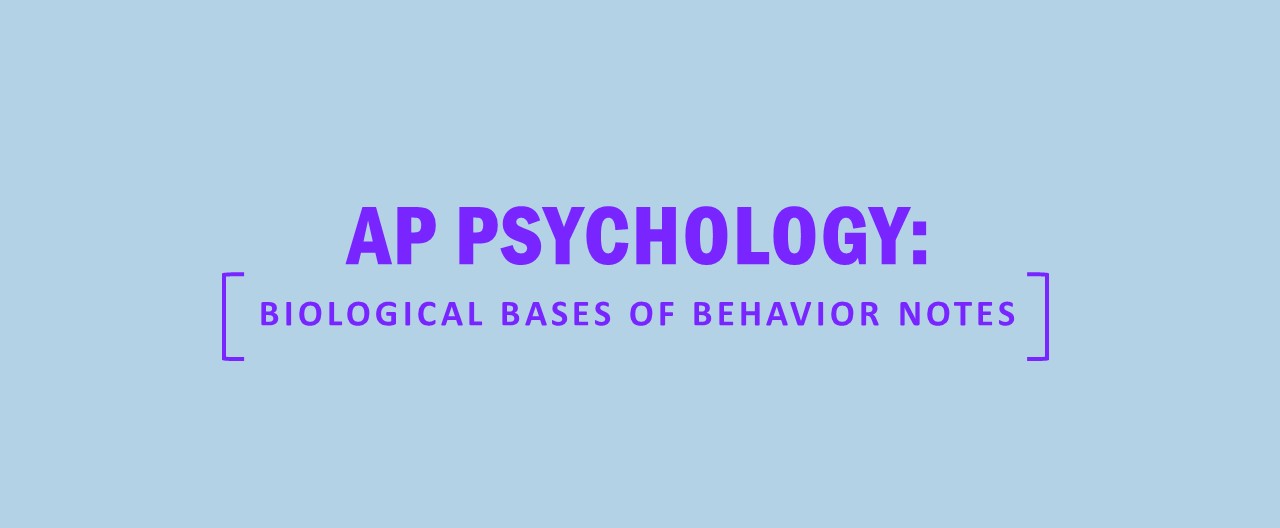
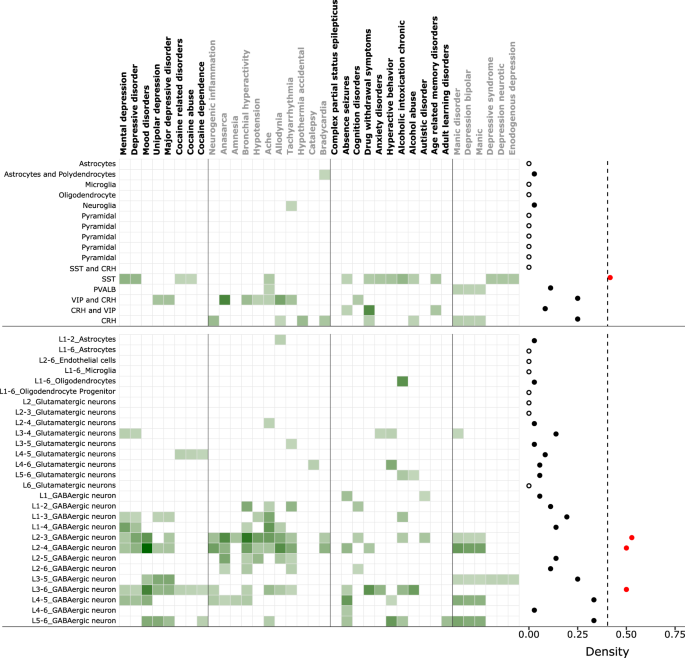

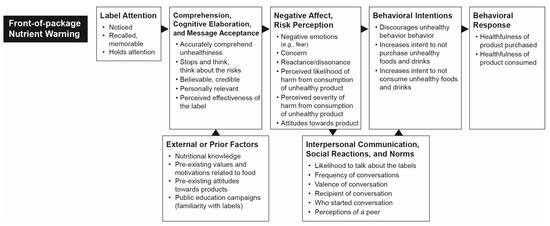







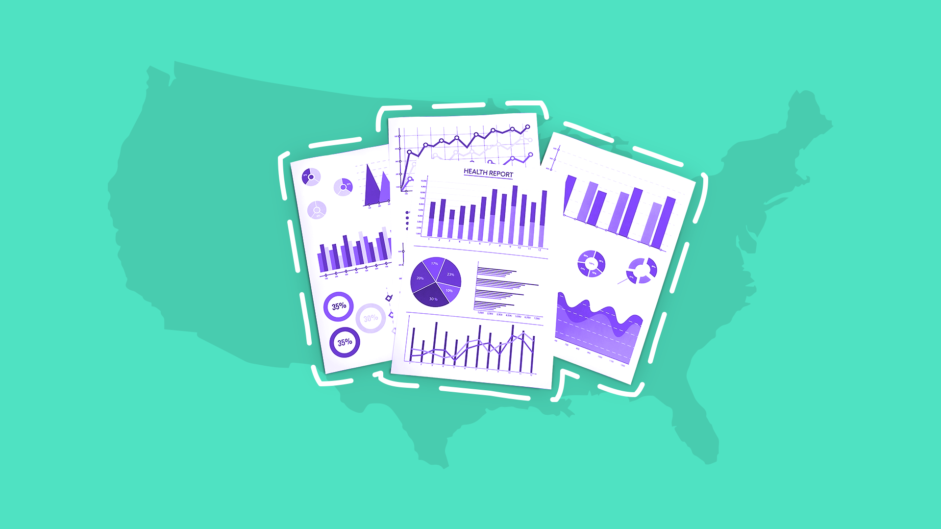

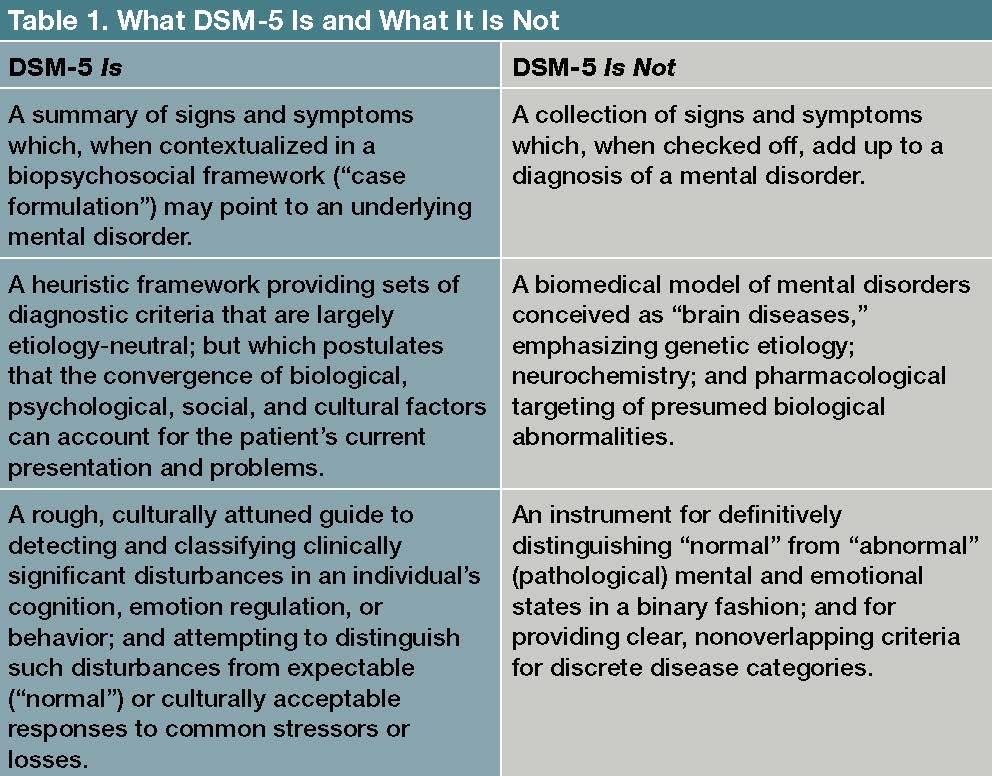







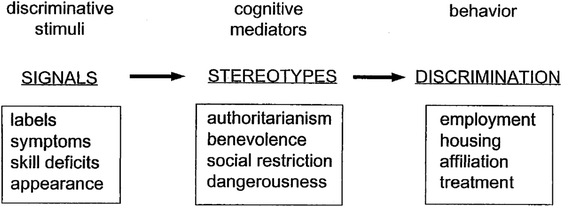
Post a Comment for "38 psychiatrist and psychologist label behavior as disordered when it is"